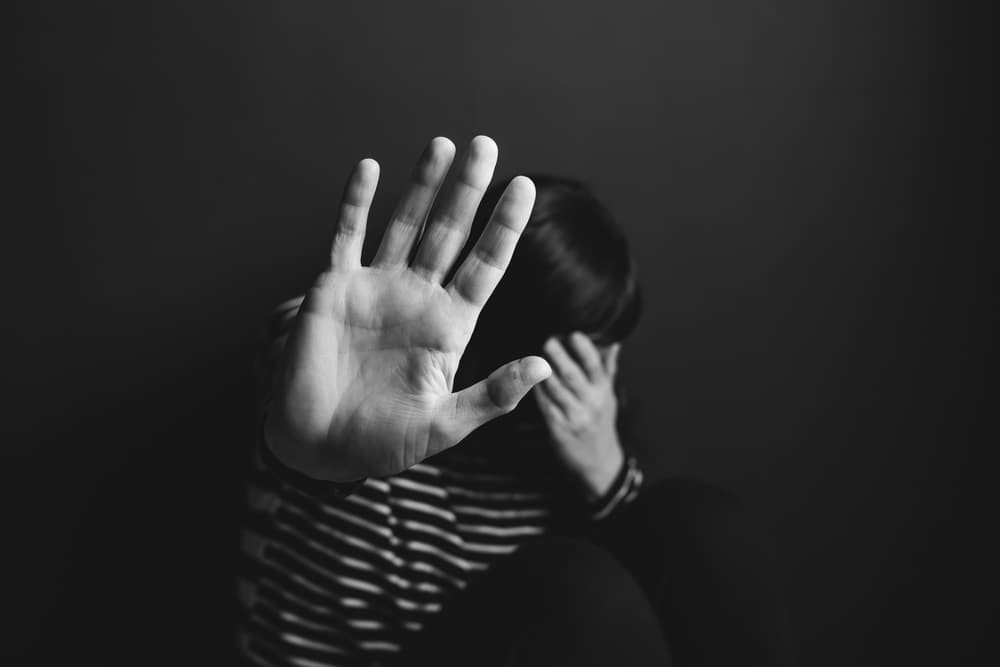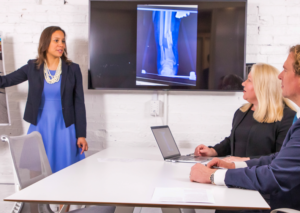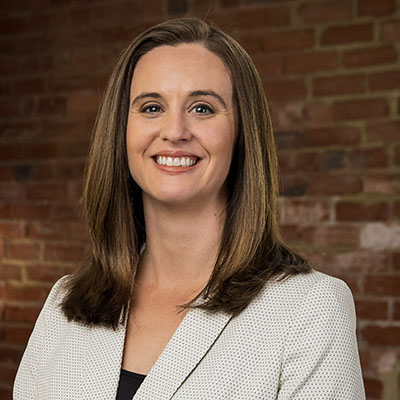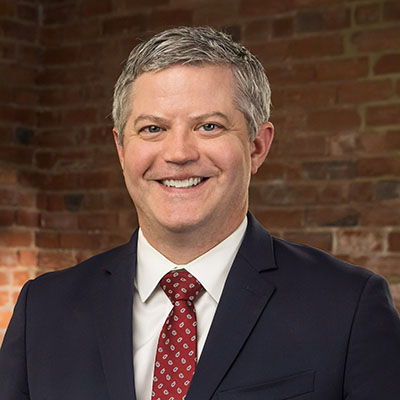I recently received a call from a woman who was sexually assaulted. She filed a police report, and her assailant is currently facing criminal charges. She contacted me because she is also interested in exploring the options civil litigation offers. This article details the advice that I gave to her and the conversation that I have with all of my clients whose civil cases involve a criminal component.

I was sexually assaulted. Can I file a civil lawsuit?
It is a well-known fact that victims of sexual abuse or sexual assault can use the criminal justice system to prosecute their offender. What is less known is that victims have a second avenue for pursuing justice via civil litigation.
Here, we will learn specifically about pursuing sexual abuse or sexual assault cases through Virginia’s civil justice system.
Virginia’s civil justice system
The goal of the civil lawsuit is to financially punish someone who commits sexual abuse or sexual assault. The first step for the victim is to hire a civil attorney, preferably a civil attorney who specializes in sexual abuse and sexual assault cases.
From there, the attorney will investigate the abuser’s finances, assets, and liabilities to determine their ability to compensate the victim and to assess whether the abuser has any insurance that could contribute funds to the sexual abuse or sexual assault settlement.
Finding the defendant
The defendant in a civil lawsuit is the person who committed the sexual abuse or sexual assault. They may be the victim’s doctor, employer, teacher, parent—or even a complete stranger. The defendant could also be an entity: If the sexual assault or sexual abuse occurred at a business (e.g. while the victim was receiving medical treatment, during the course of a massage, or at school), the business or business owner might be a defendant, too.
By suing the business where the sexual abuse or sexual assault took place, or the person or persons who hired the defendant, civil litigation seeks to dissuade businesses and owners from hiring people who are sexual predators or who have a habit of engaging in sexually inappropriate behavior. It can encourage more businesses to do background checks and better vet potential hires. The specific circumstances of the abuse will determine who can be sued as a defendant in the civil lawsuit.
Pursuing justice
Similar to the criminal justice system, the civil justice system could result in a trial. The judge or jury would determine whether the defendant should pay, and if so, how much. The truth of the matter is that there is a nothing that a judge or jury can do to go back in time and prevent the assault from happening. Money damages are a sexual assault victim’s best and only remedy within the civil justice system.
This financial punishment provides a victim with the funds that he or she needs for mental health treatment and compensates for inconvenience, mental anguish, and pain and suffering. It also sends a message to the defendant and to the community that these criminal acts have consequences, and hopefully works as a deterrent against future abuse.
The interplay between the criminal and civil justice systems
A sexual assault victim who chooses to seek criminal and civil remedies should be aware of the interplay between these two avenues of justice. Oftentimes the criminal case will need to be fully resolved before the civil case can progress in a meaningful way. Logistically speaking, this makes sense because:
- The right to speedy trial applies to criminal defendants only;
- The civil judges are often more willing to compel the defendant to participate in the civil case after the criminal case has resolved;
The right to a speedy trial
The Sixth Amendment to United States Constitution guarantees that a person charged with a crime will have his or her case tried within a certain amount of time of the charges being brought. This is commonly referred to as the right to a speedy trial. This right is also recognized in the Constitution of Virginia and in Virginia state laws.
However, there is not a comparable right to a speedy trial when a civil lawsuit is being filed. As a consequence, when a person faces civil and criminal charges for the same act, the criminal case goes to trial first to protect the defendant’s rights regarding criminal prosecution.
Compelling participation by the civil defendant
Compared to the criminal justice system, the civil justice system requires extensive communication between the parties before the case is ever brought to trial. We’re talking months or even years before the court date. For example, a civil defendant is required to file an Answer to the plaintiff’s Complaint, which contains the defendant’s admissions and denials of the allegations regarding the sexual assault.
A civil defendant is also required to file written answers during the discovery process. Discovery is a stage in civil and some criminal actions where the parties exchange information about what evidence will be presented in court. The purpose of pretrial discovery is to ensure that both parties in a lawsuit have mutual knowledge and access to all relevant facts that are essential to litigation. The plaintiff’s side of the case will often ask for specific details about the defendant’s history, interactions with the victim, the assault itself, and so on. Finally, a civil defendant must give testimony under oath in the form of a deposition prior to the trial date.
The Fifth Amendment to the United States Constitution (as well as Section 8 of the Constitution of Virginia) protects against double jeopardy and self-incrimination. Regarding self-incrimination, criminal and civil defendants enjoy the right to “plead the Fifth,” meaning that they can elect not to answer questions that could result in criminal charges or incarceration.
As a practical matter, the worry of self-incrimination no longer exists for a defendant who has already been through the criminal justice system. This is because double-jeopardy forbids the state from prosecuting a person for the same offense twice. In my experience, civil judges are more likely to compel a defendant to participate in civil pretrial communications if the threat of self-incrimination has been eliminated, regardless of whether the defendant was found guilty or not. This benefits the sexual assault victim because it permits us to get more information about the sexual assault from the defendant’s perspective.

Call us
While it is true that sexual offenders could face jail or prison time, the criminal justice system is not the only remedy for sexual assault victims. If you or a loved has been the victim of a sexual assault, get the help that you need as soon as you can. If you’re interested in pursuing your civil remedies for a sexual assault or sexual abuse case, call Virginia personal injury lawyers at Allen & Allen at 866-388-1307 for a free and confidential consultation. We’re here to help you through this difficult time.






